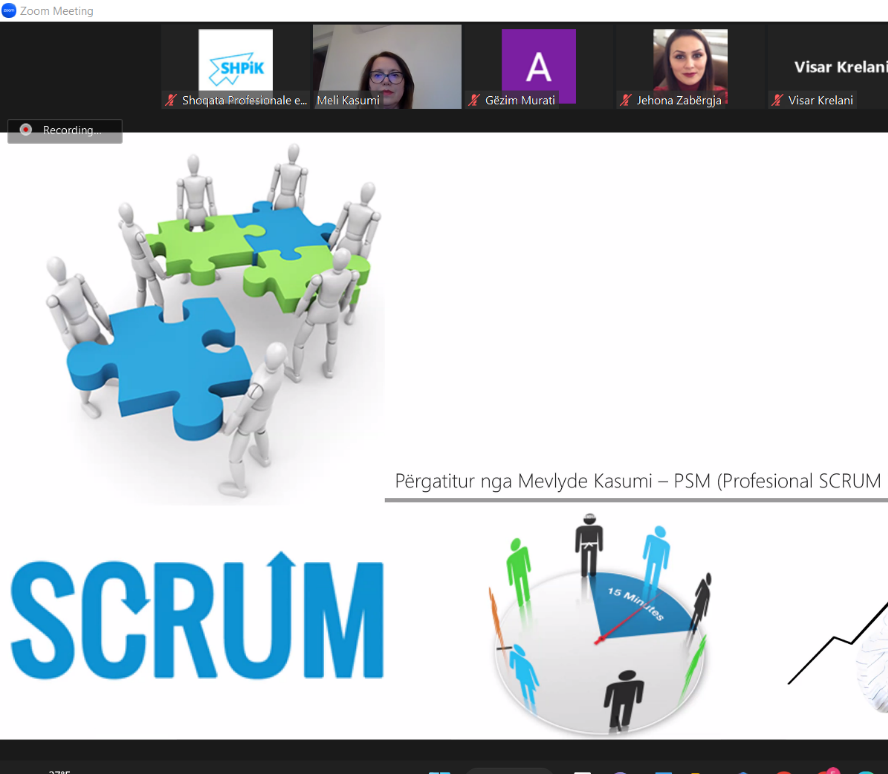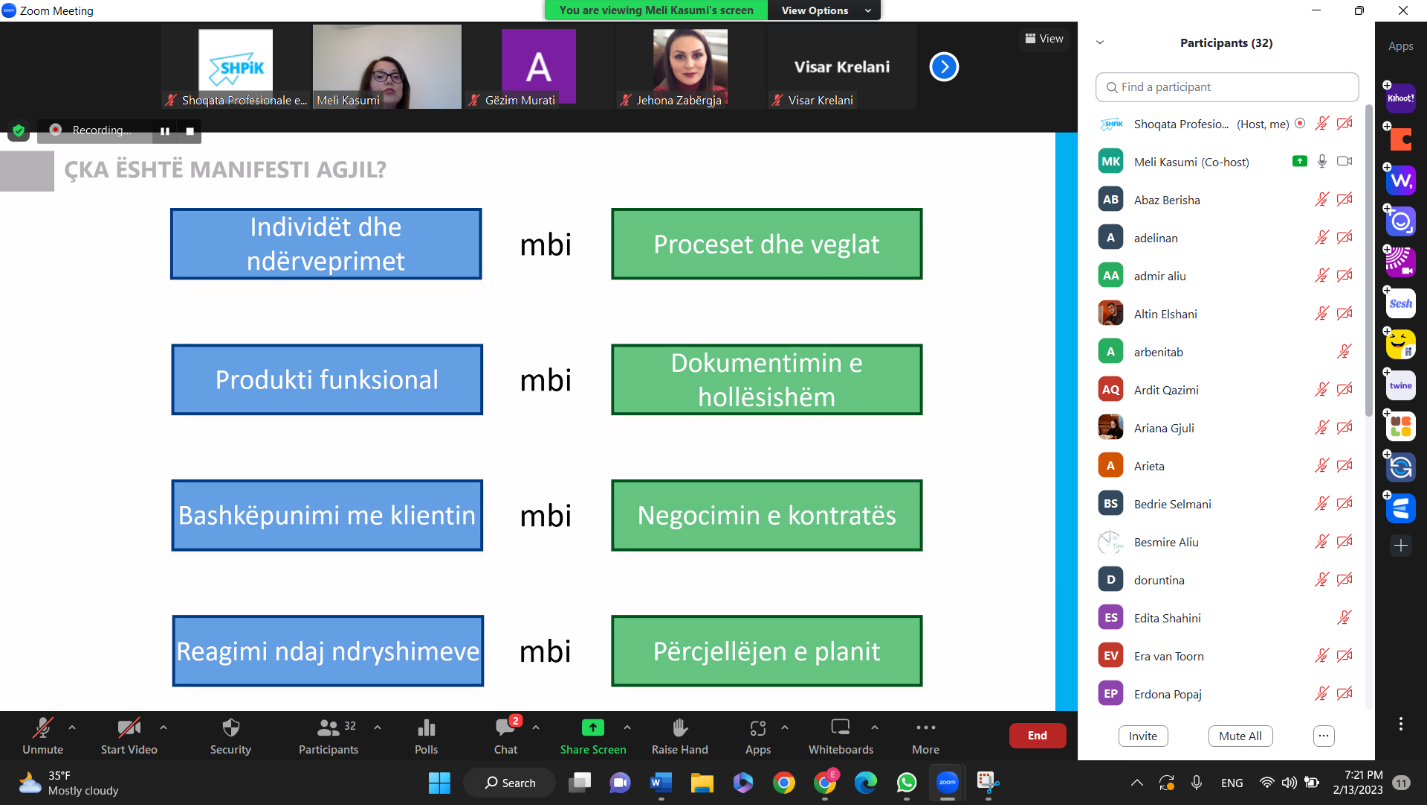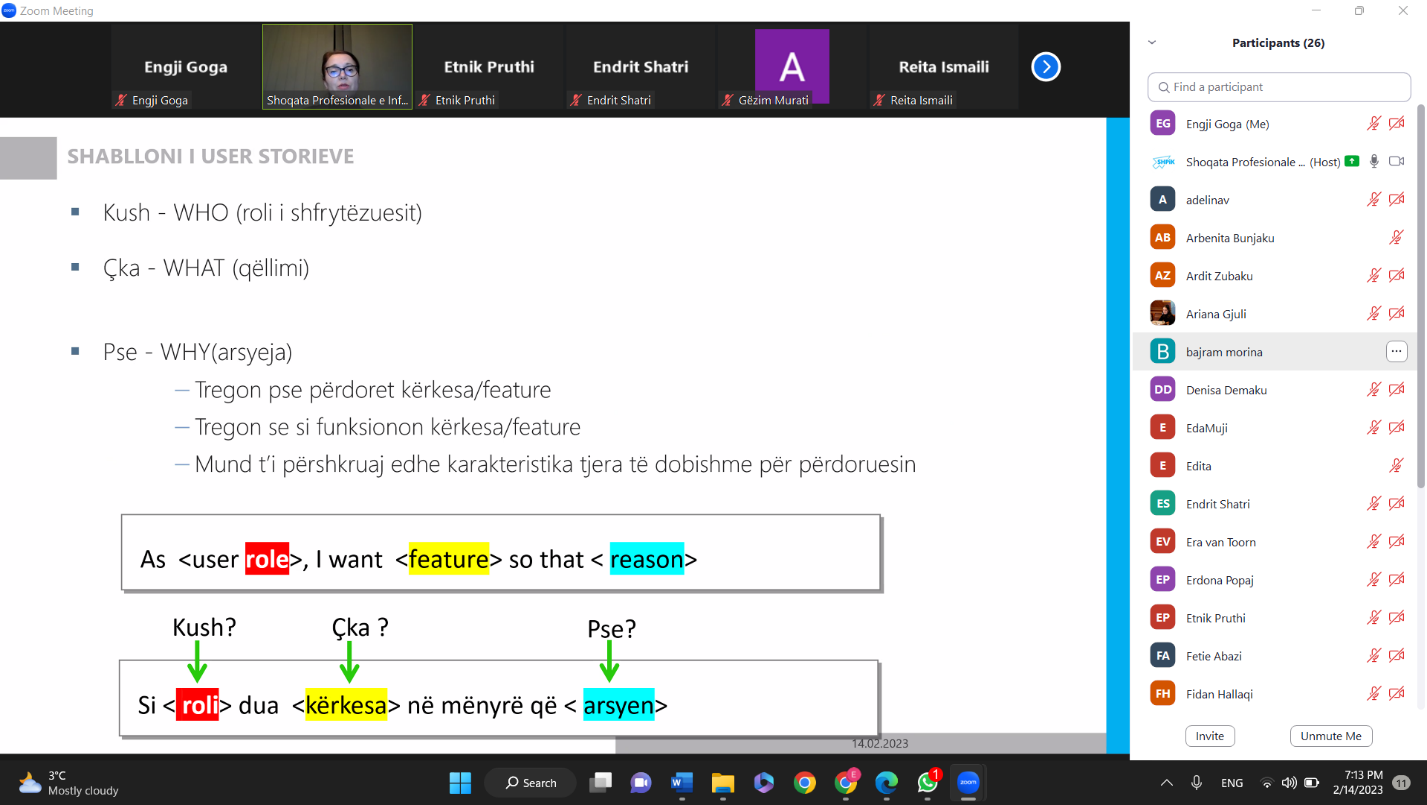Practical exercises and case studies were used to help participants apply the Scrum framework in real-life scenarios. The training also provided an overview of Agile methodologies and how they differ from traditional project management approaches.
By the end of the training, participants had gained a clear understanding of the Scrum framework and its application in a business setting. They were able to identify the key components of Scrum, and understand the benefits of using Agile methodologies for project management. Overall, the training provided participants with the knowledge and skills needed to implement Scrum effectively in their workplaces..
- Basic understanding of the Scrum framework: Through the practical exercises and case studies, participants likely gained a good understanding of the key principles, roles, ceremonies, and artifacts of the Scrum framework.
- Applying Scrum in a business environment: By working through real-life scenarios and case studies, participants likely gained practical skills in applying Scrum in a business context.
- Understanding Agile methodologies: The training likely provided an overview of Agile methodologies, and how they differ from traditional project management approaches.
- Benefits of Scrum: Through the training, participants likely gained an understanding of the benefits of using Scrum for managing complex projects, such as improved collaboration, faster time-to-market, and increased customer satisfaction.
- Work, group and communication skills: Scrum emphasizes teamwork, communication, and collaboration, and the practical exercises and case studies likely provided opportunities for participants to develop these skills.


